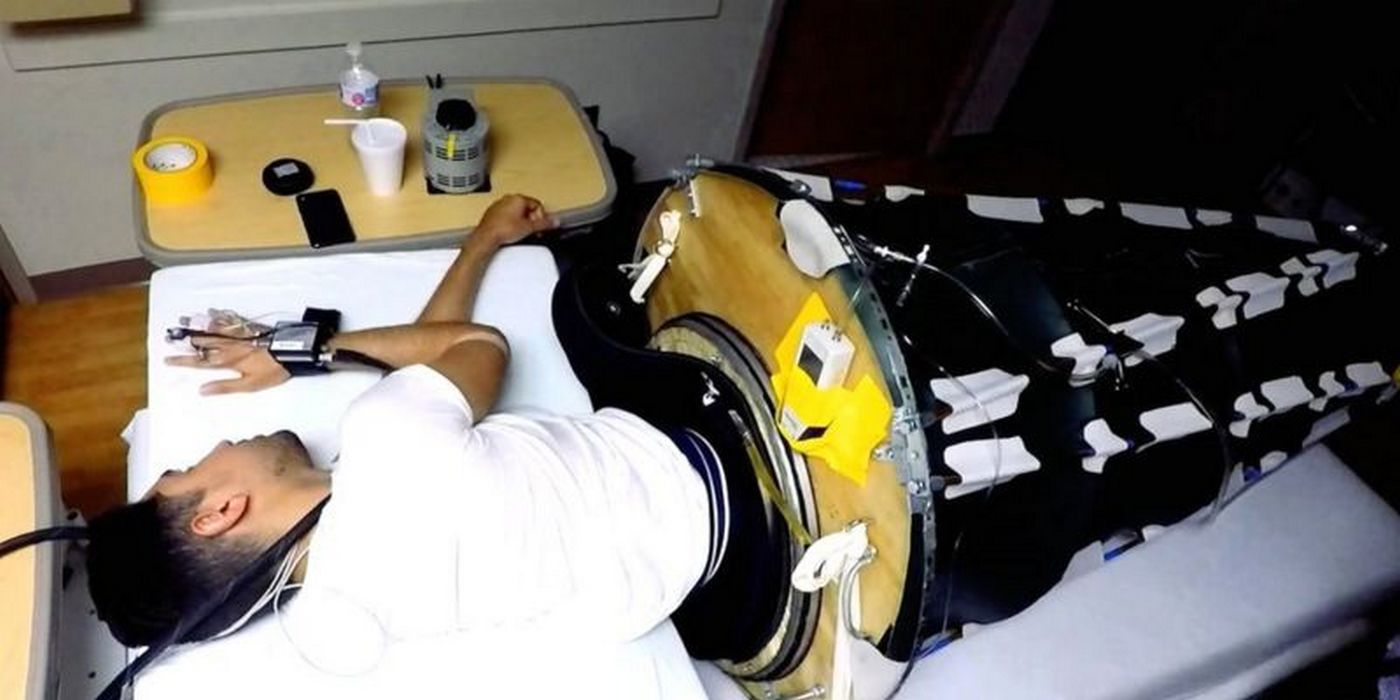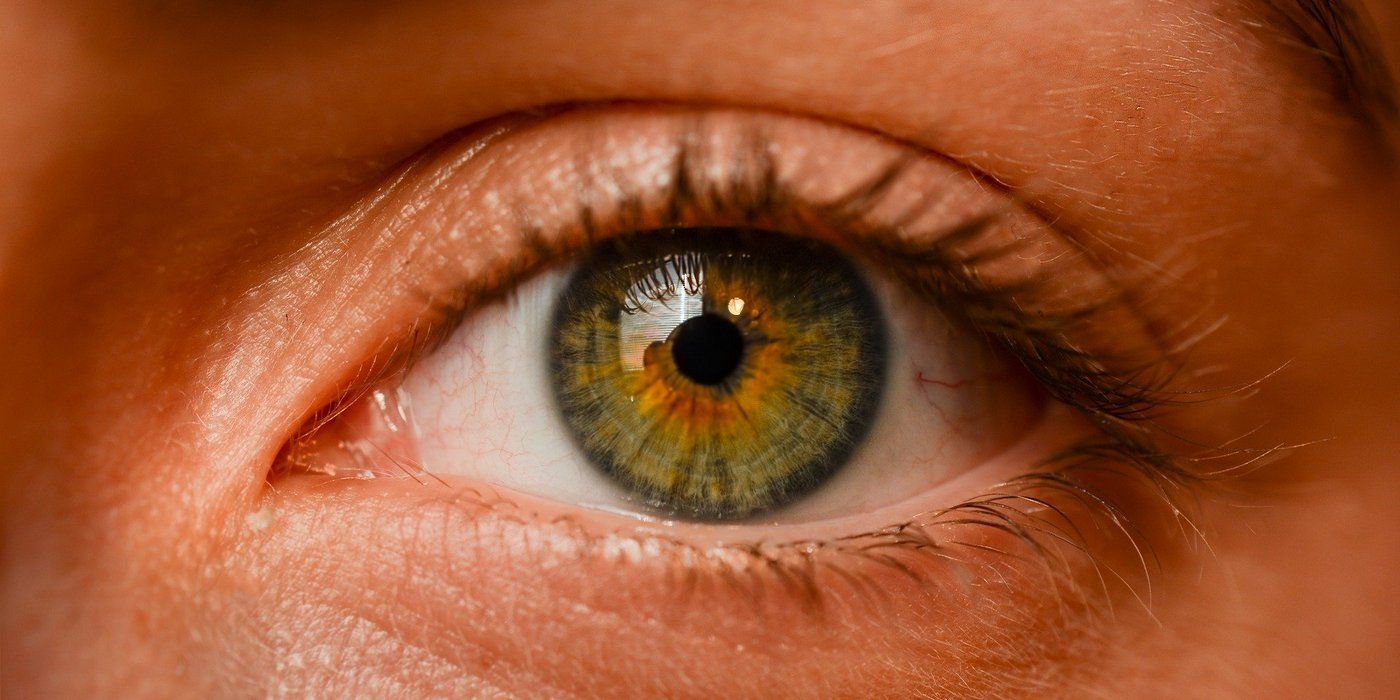Researchers from the University of Texas (UT) Southwestern Medical Center have developed a sleeping bag that they claim can prevent the vision problems that affect astronauts in space. Problems with eyesight are some of the many health issues that plague astronauts who spend a significant amount of time in space. According to reports, more than half the people who have spent over six months on the International Space Station (ISS) developed vision problems to some degree.
One of the most significant issues that adversely affect human eyesight in space is fluid buildup inside the head. While that happens on earth as well, gravity pulls that fluid back into the body when the person gets up. However, this doesn't happen as easily in zero (or low) gravity. Therefore, the accumulated fluid squashes the eyeball, causing flattening of the retina, which leads to degraded vision. That's precisely where the new sleeping bag comes in.
The vision impairment astronauts suffer after spending time in space is called spaceflight-associated neuro-ocular syndrome, or SANS. To combat this issue, researchers at UT Southwestern Medical Center collaborated with outdoor gear manufacturer REI to develop a hi-tech sleeping bag that looks nothing like traditional sleeping bags that people use for camping. As reported by the BBC, this particular sleeping bag only encloses the lower body and has a solid frame at the waist to create an airtight enclosure. Once a person slides inside the sleeping bag and tightens up the structure around the waist, a vacuum cleaner-like suction device draws fluid towards the feet, thereby preventing it from accumulating in the brain.
The Trip To Mars Might Have A Bigger Impact On Human Eyesight
The team that developed the new sleeping bag was led by Dr. Benjamin Levine, professor of internal medicine at UT Southwestern Medical Center in Dallas. According to him, the bag might be beneficial at the ISS, but even more so when humans finally leave for Mars. While the ISS is only in low-earth orbit, the journey to Mars will be a three-year journey into outer space, which might have a more significant impact on human eyesight if no proactive remedial measures are taken.
However, even though the new technology promises to address one major problem for humans in space, much more research needs to be done before it becomes a mainstay for astronauts on the ISS or during the trip to Mars. According to Dr. Levine, researchers still need to determine whether all astronauts in space need to use it or just those at a higher risk of developing SANS. It's also not clear at the outset whether astronauts will need to use it right away to protect their vision or if they can adopt a wait-and-watch approach to see if they are affected by SANS before using it.
Source: BBC


